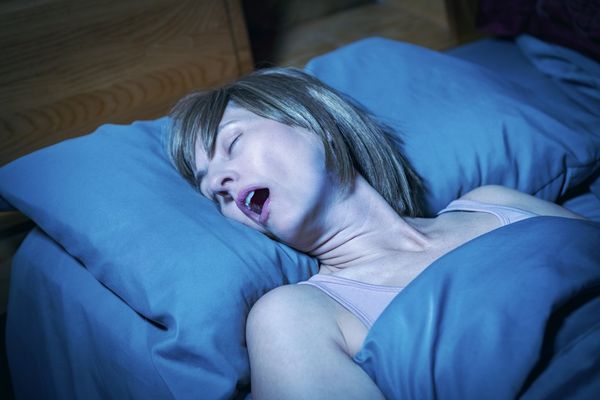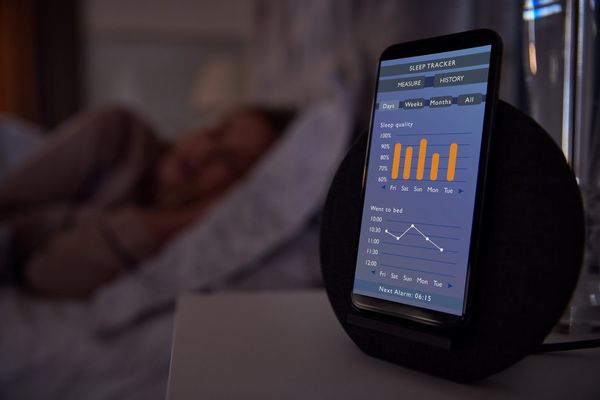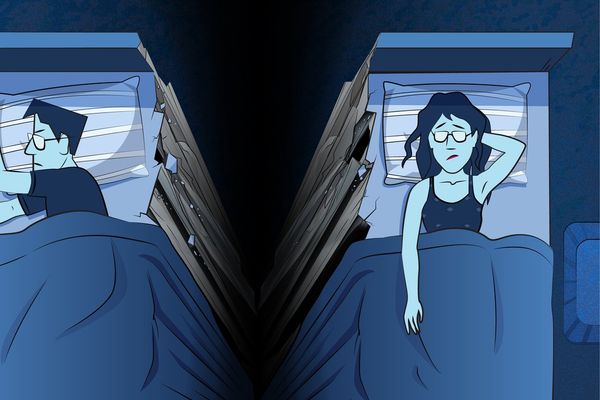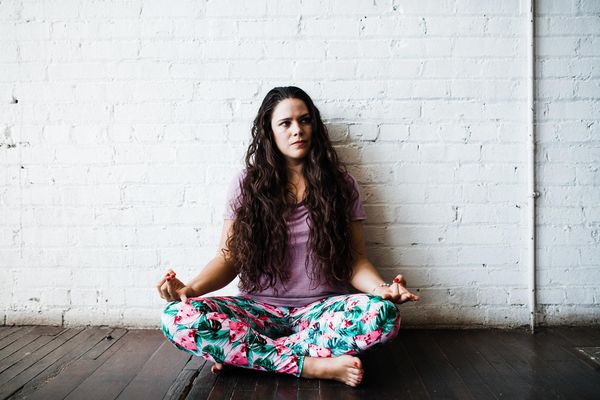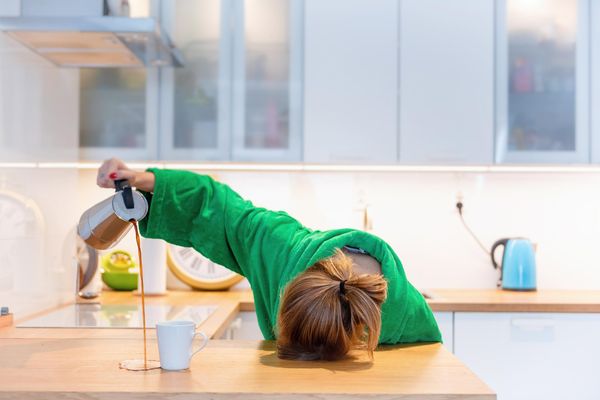What to do when you're awake in the middle of the night?
Call a friend!
Because chances are that that's when the gremlin strikes them, as well. Middle-of-the-night waking is quite common, reported to affect about 35 percent of us. It's no wonder there are a lot of people walking around dragging and sluggish. Even though you may have banked an 8-hour sleep, when you wake in the middle of the night, it messes big time with your sleep cycle, stealing valuable minutes of slumber.
Of course, calling a friend might not be the most helpful or practical answer to getting back to sleep (unless you find comfort in knowing that someone else is suffering, too). And getting into a conversation in the middle of the night will likely be stimulating, rather than relaxing.
You flip over and try a new sleeping position…worry that you forgot to turn off the stove… ruminate about the way your friend betrayed a confidence many years ago…stress about your upcoming colonoscopy.
Your over-wired brain is on over-drive.
How to calm down and get back to sleep? If you've already ruled out some obvious and real medical conditions for losing sleep—like arthritis, asthma, sleep apnea, chronic pain, endocrine or gastrointestinal problems—try these things instead:
Stay put. Many pros suggest getting out of bed and going into another room. But that's not effective for everyone. When you get up, it's likely you're turning on some lights and moving around. Your brain takes a cue from the lights and thinks it's time to wake up; your heart rate becomes elevated – all are counterintuitive to falling back to sleep. Instead, stay in bed and do the following things to facilitate sleep.
If there's light coming into the room, block it. When you're trying to sleep, any outside light can be a real sleep-stealer. Make sure your window coverings are securely shut and that any LED lights (like those from cable boxes or clock radios) are blocked. A sleep mask works well to shield your eyes from light's interference.
Calm your mind. Try deep breathing, meditation or other mindfulness exercises. A sleep app (I love the one I use, from Calm) can also help you meditate and get back into a relaxing state. Another thing to try: Keep a pad and pen at your bedside and write down any random thoughts or things you have to do the next day. The important thing is to distract your mind from rumination and turn your thoughts to tranquil and more pleasant ones.
Keep it cool. Sometimes a too-warm room can cause you to wake up. Optimal sleeping temperature is somewhere around 65 degrees Fahrenheit, say experts.
Block out noise. You may not need complete silence to sleep, but the surrounding sounds need to be somewhat toneless and flat. Think white noise, as in a sound machine or a fan.
Be mindful of when—and what—you drink. Cut off caffeine consumption after about 2PM, since it can stay in your system long after you've taken the last sip. And although alcohol may help you fall asleep initially, it impacts your deep sleep and messes with your REM cycle, which is when sleep is most restorative.



